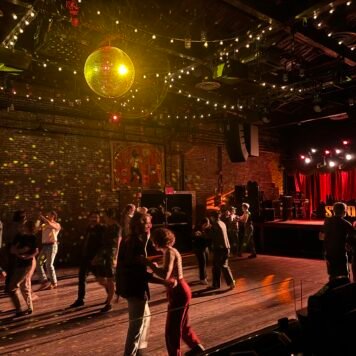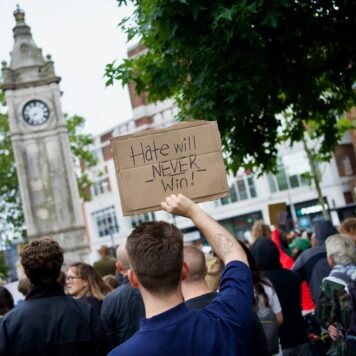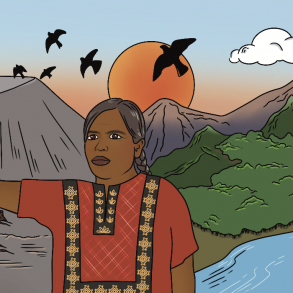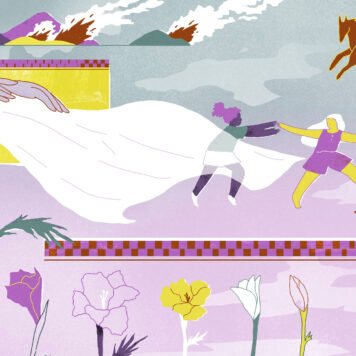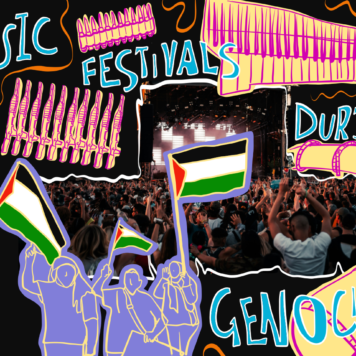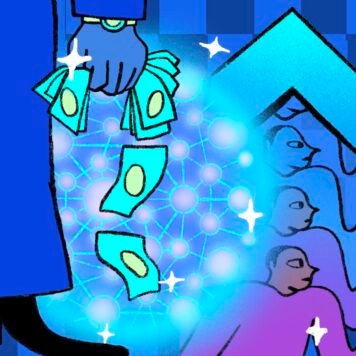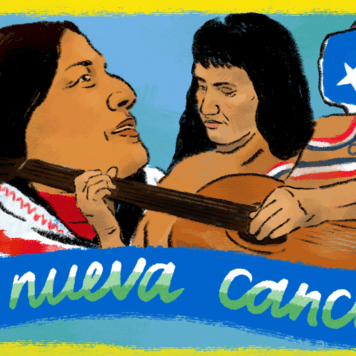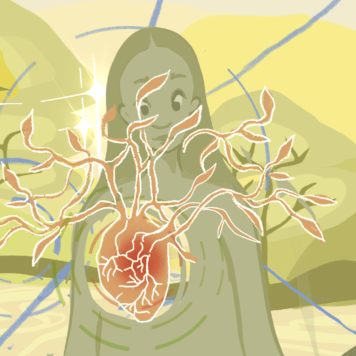One sunny afternoon in a cosy flat in Frankfurt, we sat together, thinking about how to start writing this article and how we met. A NGO worker in the UK had put us in touch, and some weeks later we had arranged to meet for a research interview for the SOGICA project, which examines the social and legal experiences of LGBTQI+ refugees in Germany, Italy and the UK. The place, where we met for the interview, left lasting impressions on both of us.
Nina: I remember when you said ‘Nina you are in the wrong place, the refugee camp is not in the town, it is in the woods up the hill’. Not closely following your instructions, I had taken the wrong bus. It was not an easy journey to get there. I had to take a bus, then a S-Bahn, then a train, then another bus; the driver forgot to stop at the bus stop and let me out on a road in the middle of nowhere. I walked back to the bus stop and stood in the rain waiting for the last bus to come. After a few minutes of travel, this bus went up a hill into the woods, and all I could suddenly see were trees covered in snow. At first I thought it was romantic but then the scenery felt haunting with no houses to look at until it arrived in Schwarzenborn, the smallest town in Hesse, consisting of approximately 20 houses. It was snowing heavily, and after you told me that I had taken the wrong bus, and the next one only came in one and a half hours, I started walking; a walk that took an hour and that I will never forget. It was strange and scary to walk through army territory and to see signs that trespassing was forbidden as it was shooting territory.
Marsha: When you arrived, I felt sorry for you that you had to come all this way to see me. Your face was bright red and a wave of cold came into the room when you entered. I remember that you brought some doughnuts with you so I made some tea and we sat down. Me and my daughter had a similar experience to you getting there. When I got the notification that we were going to be transferred from the large reception centre in Giessen to our new accommodation, I was very hopeful. I was happy to have managed to get out of Jamaica, and felt like the wheels had started turning, and I was looking forward to the future. But then, on the way to the refugee camp, I thought the driver had made a wrong turn in Homberg, as from then on all I could see was woods, woods and more woods.
I panicked and put the address of the refugee camp they gave me into google maps in the hope that there would be houses coming soon, but google maps showed one building in the middle of nowhere, then for about 12 km woods until another house emerged, then another 15 km woods before another house appeared on my mobile phone screen. I was hoping so much that google maps was wrong. After one and a half hours drive with three other (male) asylum claimants, when we arrived at ‘Am Knuellteich’, I thought only the men were going to be dropped off and they would take me and my daughter to another camp, but I was in for a rude awakening, when the man told us we had to get out. I asked ‘here?’ ‘Yes’. The scenery around the block of buildings reminded me of the film series ‘The wrong turn’. It was a scary place, there were no neighbours, just one building in the middle of nowhere surrounded by woods. When we got out of the bus, the driver got the keys and showed us our room that we had to share with four other women for the next four months. We had a terrible time. I went to the office everyday asking to be moved as it was inhumane to live there. As a lesbian, I did not feel safe there, and as a mother I was also worried about the safety of my daughter. The other women did not treat us well, and there were often men around. I would never leave the flat without taking my daughter with me. I was told that all I needed was a roof over my head and a bed. After four months, they gave us at least a room just for the two of us, where we would have to stay for another year.
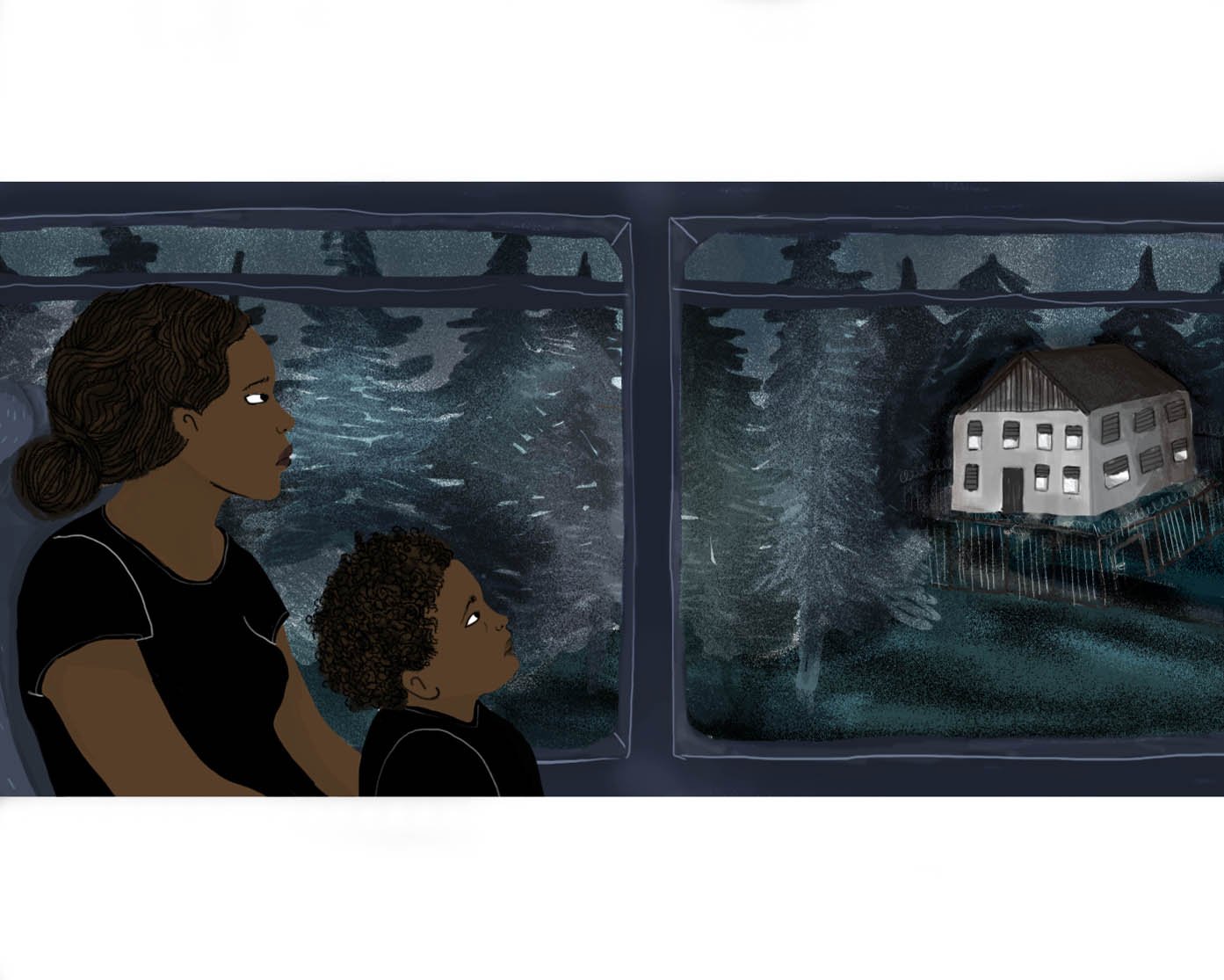
Nina: You were in fact the first LGBTQI+ asylum claimant that I interviewed for the project, and I just could not believe that they would put asylum claimants in general, and LGBTQI+ claimants in particular, so remotely, away from everything. I was shocked. Unfortunately, during the course of my research I found out that this was regular practice by the German authorities as asylum claimants are randomly distributed according to what is called the EASY quota system (‘Initial Distribution of Asylum-Seekers’) without considering their sexual orientation or gender identity, or any other vulnerabilities. Most of the LGBTQI+ claimants who I interviewed for the project had at some time during their asylum process lived in a remote area.
Marsha:
When I think back to the time that we had to stay in Schwarzenborn, all that comes to my mind is ISOLATION. I felt so isolated from everything. It was like prison.
There was a lack of transportation; the buses only ran three times a day and not after 7pm, and at the weekends not all. When I took the bus to go shopping in the next town, I had to wait for hours for the next bus to take me back to the camp. There was nothing to do. At night I would lay there awake and listen to soldiers shoot. A social worker from the AIDS Hilfe came to visit me and a couple of other gay claimants, who were also accommodated there, but I could not access any LGBTQI+ groups or support because of my location. The people working in the camp were not sensitive towards LGBTQI+ issues, they did not understand why we did not feel safe there.
Nina: In our project, that comes to an end, we heard many other stories of LGBTQI+ claimants not feeling safe in asylum accommodation, especially when they have to share a room with strangers (which is the regular practice in Germany and Italy, and less so in the UK). But project participants told us that an additional burden is when LGBTQI+ claimants are housed in small villages, where there is nothing to do, and no access to any LGBTQI+ support. And, depending on their intersectional identities, they experience sexism, homophobia, transphobia, ableism and racism not only inside the accommodation centres but also outside of them. This increases the social isolation they feel.
Marsha:
Whilst I was in a safe country in terms of my sexuality, I otherwise felt rejected, like an outcast. I felt like I had been put there purposefully and I did not understand why.
I felt a lot resentment, ‘how can Germans put me there? How can they not see that a human being cannot live there?’ I cried most days in the first six months. As I was suicidal, the social worker in the camp wanted me to go to hospital. They said they would find a nice family to take care of my daughter. They could not see what I was going through there as a black lesbian mother.
We share this conversation to raise awareness of the difficulties that many LGBTQI+ refugees face in Germany, especially rural Germany. Better consideration should be taken in these camps for the human rights of asylum claimants, whether straight or gay, because
it is a human right to socialise, to live somewhere where there is a community, where people have easy access to a supermarket or a doctor.
Offering refuge means more than just providing a roof over people’s head and a bed, it means offering a liveable safe life. Some positive changes have been made (for instance, the refugee camp in Schwarzenborn is closed now), but a lot more needs to be done so that the human rights of LGBTIQ+ claimants in Germany and elsewhere in Europe are respected.
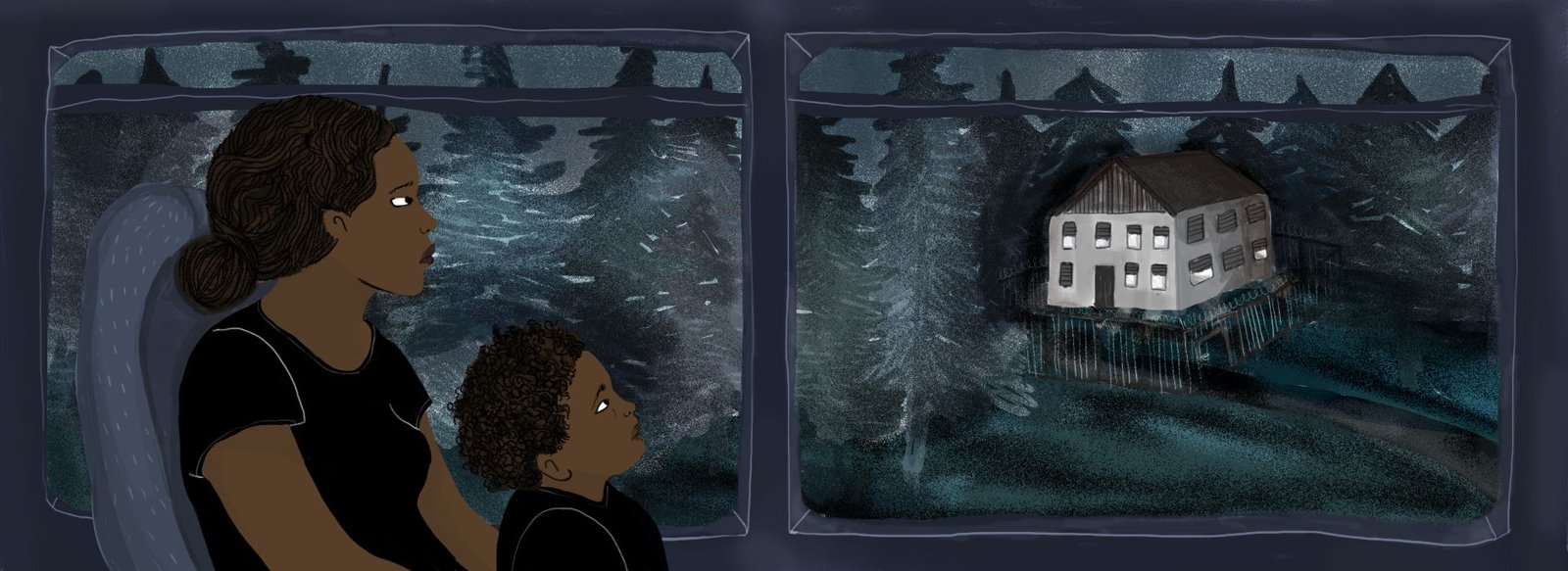
See more of Raquel’s work on her instagram here



